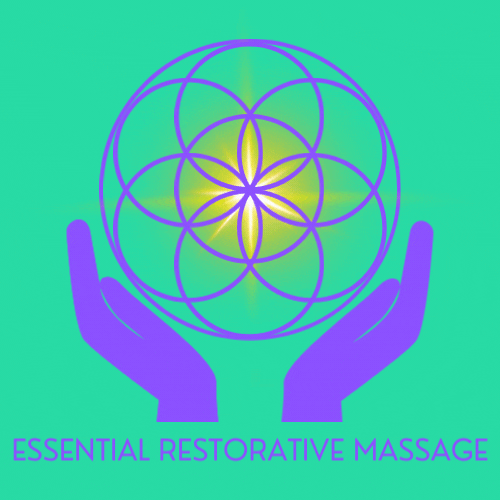Aromatherapy: Balancing Yin and Yang - a TCM Approach
/In this modern world it is easy to become imbalanced with so many responsibilities such as family, work, friends, house duties as well as distractions everywhere - from social media, to gossip, as well as bad news, and social issues. Too much doing (yang), and not enough time being (yin) leads to imbalance (emotionally, mentally and energetically) and physiological stress. On the contrary, too much sitting around (yin) and not enough exercise (yang) also leads to imbalance and lack of energy (to gain energy, you need to use it).
Essential oils affect your body physiologically - creating change in the mind, emotions, and hormones via the limbic system in the brain as well as making their way into the bloodstream and affecting the different systems in the body such as the respiratory system, digestive system, musculoskeletal system, and so on. However this life force (Qi) that runs through the meridians in the body is also influenced by essential oils.
Read More




